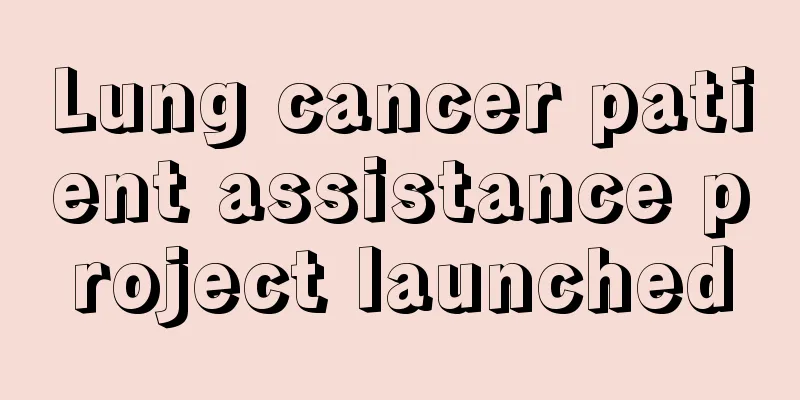Sequelae of hemiplegia, there are these complications

|
Hemiplegia is very likely to occur in people with high blood lipids, hypertension and diabetes, especially the sequelae of hemiplegia caused by cerebral infarction and cerebral hemorrhage. The sequelae of hemiplegia can affect many parts of the body and cause great pain to patients. Timely rehabilitation exercises are required. 1. Shoulder periarthritis and muscle atrophy After cerebrovascular disease enters the recovery period, if rehabilitation exercises are not carried out in time, the hemiplegic limbs will become contracted, stiff, and deformed, and may even cause severe pain, causing great suffering to the patient. Common causes of pain in a paralyzed limb include: 2. Shoulder subluxation When the upper limbs are completely paralyzed, the muscles around the shoulder joint relax. Under the influence of gravity, the shoulder joint is often pulled and subluxated. Patients often feel pain or discomfort, especially when the affected limb is passively moved, the pain is worse. 3. Shoulder-hand syndrome This disease often occurs 1 to 3 months after cerebrovascular disease. It is a common cause of shoulder pain and hand pain after cerebrovascular disease. If not treated in time, the consequences are serious and often cause disability. The main symptoms of this disease are shoulder pain and hand pain on the affected side, limited abduction, external rotation and elevation of the upper limb, excruciating pain when forced passive movement, swelling of the back of the hand and fingers, disappearance of wrinkles on the back of the hand, a shiny feeling, slight concave when pressed, gradual redness of the skin, increased skin temperature, and pain in flexion of the finger and wrist joints. 4. Periarthritis of shoulder It often occurs several months after hemiplegia. The initial clinical symptoms are pain when the upper arm is abducted and raised, which gradually worsens. The patient has persistent severe pain in the upper arm and hand, which often makes it difficult for the patient to fall asleep, and he cries hopelessly and begs the doctor or others not to move his shoulder or arm. In addition, severe flexion and adduction of the toes, atrophy of the elbow and knee flexor muscles, and shortening of the Achilles tendon often cause pain in the affected limb when it touches the ground and is under pressure or moves. |
<<: Brain herniation survival rate, timely treatment prolongs life
>>: How to make delicious jelly with pea flour
Recommend
Why does my tongue hurt after eating a banana?
Banana is a very common fruit in our lives. It ta...
How to prevent prostate cancer? Five important points to note when preventing prostate cancer
With the improvement of living standards, people&...
What is ostomy
An ostomy is a medical procedure that creates a n...
What is the usage of catheter tampons?
Catheter tampons are a commonly used type of sani...
What to eat to prevent prostate cancer
Male friends must pay attention to preventing the...
Can bath salts be used every day?
Now there is a new bath health product on the mark...
Time to take cod liver oil and calcium tablets
We all know that cod liver oil has the effect of ...
Causes and treatments for swollen lymph nodes
Lymph node enlargement is a common disease curren...
What are the sequelae of comminuted fractures
There are many types of fractures. Generally, fra...
What are the common complications of paraplegic patients
Paraplegic patients are not uncommon in life. The...
How can massage relieve muscle pain?
Muscle soreness is a common phenomenon in our dai...
What are the symptoms of gouty nephropathy?
Gouty nephropathy is a type of damage to the kidn...
How to cut a slicked back hair?
There are many forms of human hair, including dry...
What's wrong with the sediment in the red wine?
In daily life, red wine is very familiar to every...
How to wash oil stains on clothes
It is a common phenomenon for oil stains to appea...









